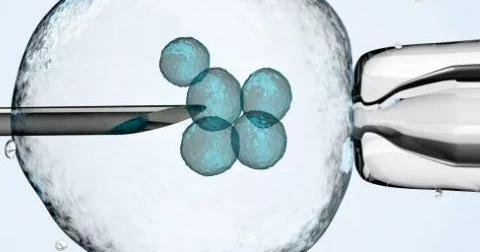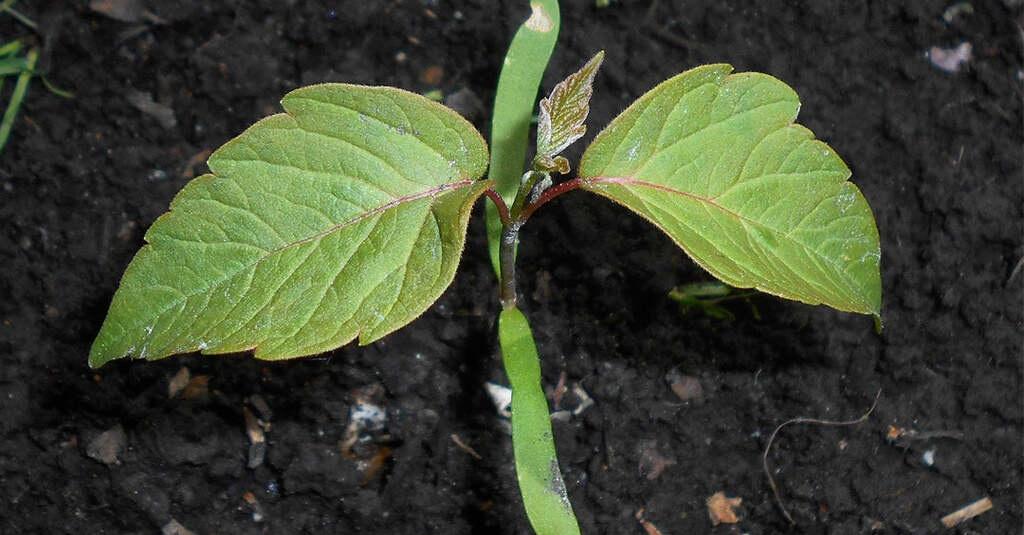IVF process or In Vitro Fertilization is a complicated procedure leading to pregnancy. It is a fertility treatment where one cannot be pregnant for at least one year of trying to conceive. Some couples also opt for IVF to prevent any passing of genetic problems to their child. It takes nearly 3 to 4 weeks to complete all the IVF stages. Sometimes, the doctors split the process into 2 different procedures, which can take longer.
It is the most efficient treatment involving egg retrival, sperm collection, and embryo fertilization. The chances of having a baby with the help of this reproductive technology depend on several factors. It includes infertility causes and the age of the patient. The IVF process has higher chances of conception as compared to other ARTs but on the other hand can be minimally invasive, time-consuming, and expensive.
What is the IVF process and Its Stages?
After preparing the patient, one IVF cycle can require 2 to 3 weeks to complete. The detailed IVF stages are as follows.
· Maturing the eggs
The IVF cycle starts by implementing laboratory-made hormones for the ovaries to create eggs instead of one egg, which develops every month inside a woman’s body. The doctor will give medicine for this process to stimulate the ovaries, delay the ovulation, help in maturing the eggs, and prepare the uterus lining.
Most one to two weeks are necessary for ovarian stimulation before the eggs become ready for the retrieval process. The doctor will do the required blood tests and vaginal ultrasound to know when the eggs are ready for retrieval.
· Egg retrieval
During egg retrieval the IVF process, with the help of ultrasound and a thin catheter, the doctor finds the follicles and retrieves them through the vaginal cavity. Then the doctor inserts a thin needle in the ultrasound through the vagina and the follicles to collect the eggs. The doctor then removes the eggs from the follicles with the help of a needle linked to a suction device.
This procedure can eradicate multiple eggs within 20 minutes. The doctor will then place the eggs in a liquid for developing them. The doctor will then mix the mature and healthy eggs with the sperm to create the embryo.
· Sperm retrieval
The doctor might collect the sperm through the usual method or through a process called testicular aspiration. It is a surgery for collecting sperm from the testicle directly with the help of needles. The doctor separates the sperm from the semen.
· Fertilization
It is one of the most important IVF stages where the clinic fertilizes the eggs commonly through conventional insemination and ICSI (Intracytoplasmic Sperm Injection). In more complicated scenarios, doctors can recommend other methods like assisted hatching and pre-implantation genetic testing.
· Embryo Transfer
The IVF process of placing one or more embryos in the uterus is known as embryo transfer. It takes place after 2 to 6 days of collecting the eggs. A thin and long catheter tube enters the vagina and finally into the uterus through the cervix. The doctor then pushes a syringe containing one or more embryos into a fluid by connecting it to the catheter. The doctor then, with the help of the thin needle, places the embryos in the uterus. If the IVF process is successful, an embryo will be added to the uterus lining after 6 to 10 days of retrieval.
Why you should go for IVF treatment?
IVF Treatment is ideal for those couples who are suffering from blockage or damage in the fallopian tube, endometriosis, surgery for preventing pregnancy, unexplained fertility, a genetic and ovulation disorder, sperm issues, uterine fibroids, and many more. People who desire to preserve their eggs due to other health conditions or cancer can also go for IVF.
Why IVF type is the best?
Natural IVF is the best for most couples as it does not implement any drugs for simulation. Instead of that, natural IVF encourages the patient’s body to select the best egg.
FAQ
What is the most significant stage of the IVF process?
Embryo transfer is one of the most significant and crucial IVF stages of all. The successful implant and the embryo’s health are dependent on a flawless treatment. Any snag with biological factors or timing can be a failure cause for the process.
Final Thoughts
IVF treatment is helping millions of couples all across the globe to fulfil their dreams of having their child, even having numerous complications. So, if you are also one of those who have been trying for a long time to have a little one but are not successful, the IVF process is the best for you.



